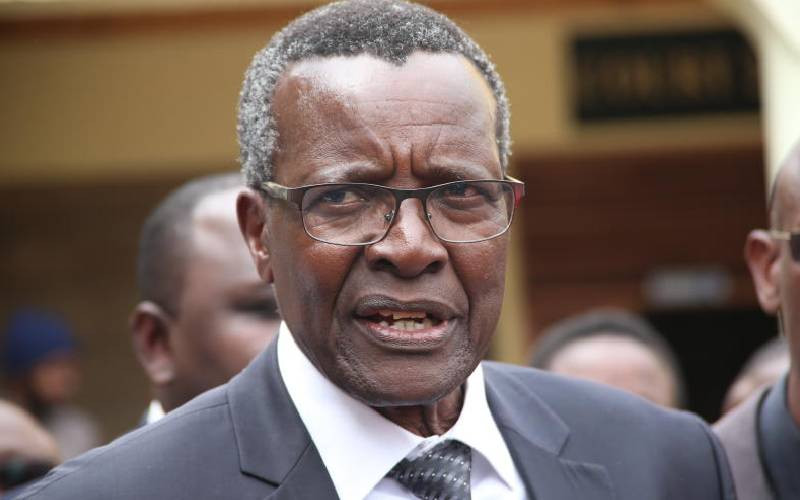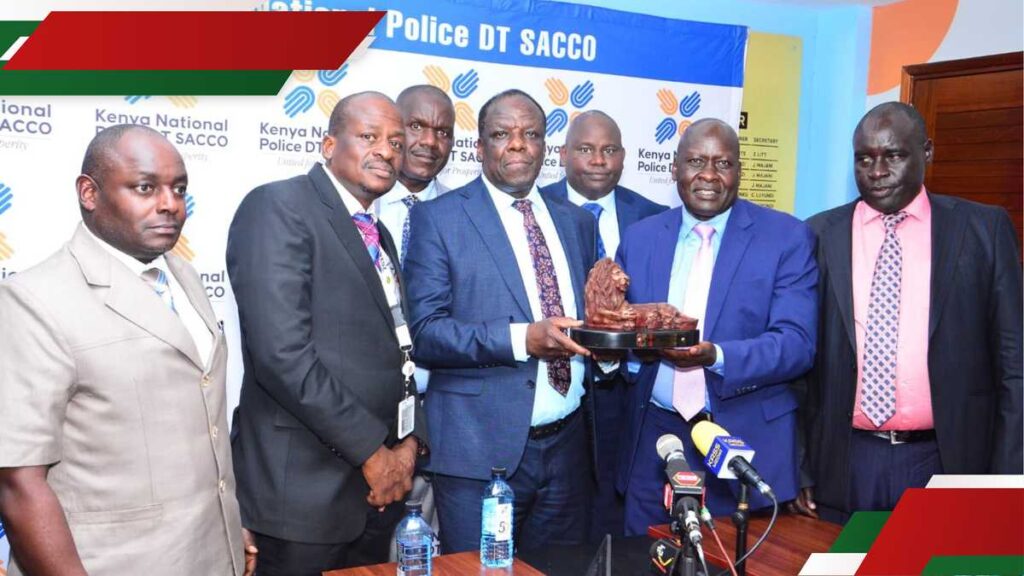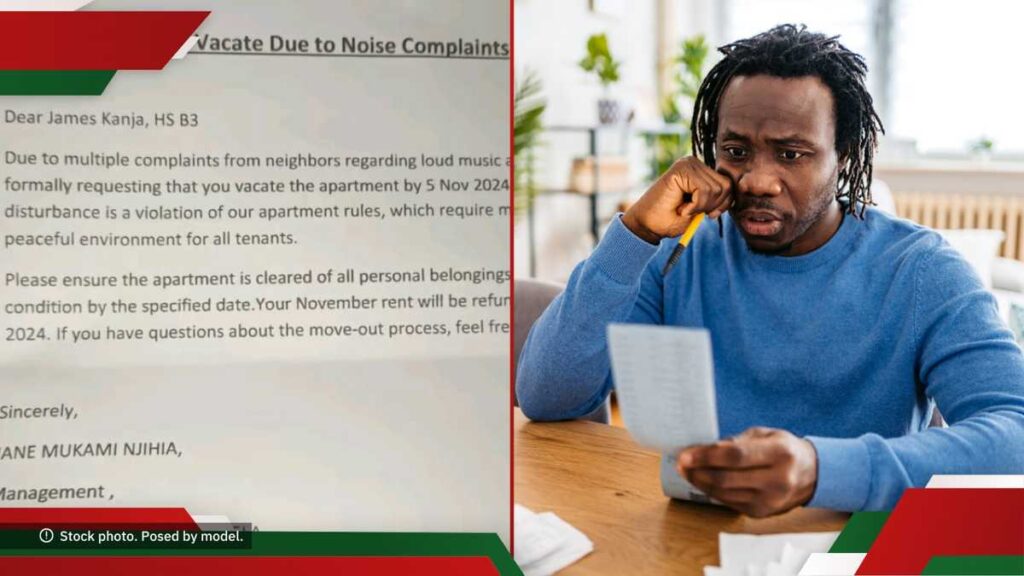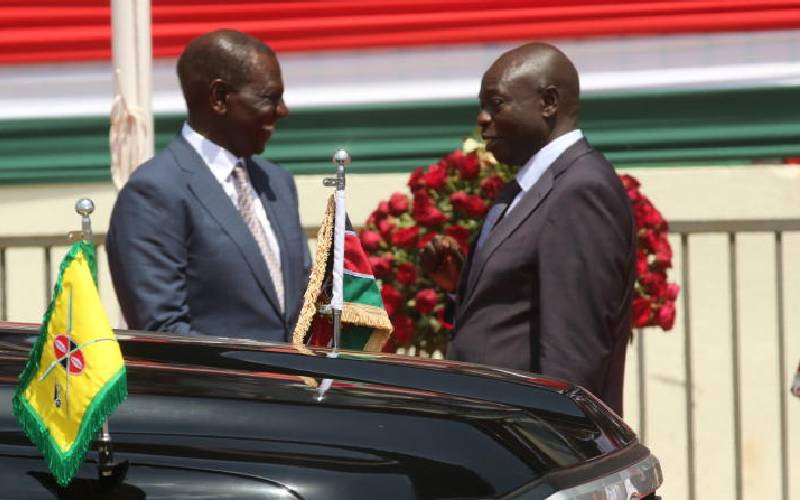A battle has emerged over Parliament’s move to amend the Cybercrime law in a bid to seal gaps in dealing with cults and extreme religious activities.
In a case filed before the High Court in Nairobi, lawyer Evance Ndong argued that the Computer Misuse and Cybercrime (Amendment) Bill, 2024, is vague and grants the government blanket authority to act against any religious organisation.
According to him, the law does not clarify what constitutes extreme religious activities or what defines a cult.
“The phrase ‘extreme religious and cultic practices’ is impermissibly vague and overbroad, lacking any constitutional or statutory definition. This offends the principle of legal certainty and undermines the right to a fair hearing under Article 50 of the Constitution,” argued Ndong.
He stated that the government was using the Shakahola saga to suppress the right to worship and belief.
He further argued that the law encroaches upon powers already vested in the police to investigate such crimes and the Director of Public Prosecutions to determine whether or not to charge a person.
“Respondents, in purporting to pass the Bill, have failed to adhere to the mandatory standards of Article 24, which strictly require that any limitation of rights be reasonable, justifiable, and proportionate in an open and democratic society,” he argued.
In the case before Justice Lawrence Mugambi, the lawyer noted that Parliament inserted Clause 3, which empowers the National Computer and Cybercrimes Coordination Committee to block websites and applications deemed to promote illegal activities, child pornography, terrorism, and extreme religious and cultic practices.
He sued the Attorney General, the National Assembly, and the Senate, claiming that despite the amendments having grave implications for believers, they had not been subjected to public participation.
According to him, both the Senate committee and other state task forces had recommended a structured regulation of religious organisations.
Ndong noted that, instead of pursuing those recommendations openly, the government clandestinely introduced the Computer Misuse and Cybercrime (Amendment) Bill, 2024, by publishing Kenya Gazette Supplement No. 156 of 9 August 2024.
He added that the Bill was sponsored by Wajir East MP, Aden Daudi Mohamed.
“Article 32 of the Constitution expressly secures the right to freedom of conscience, religion, thought, belief, and opinion, including the right not to be compelled to act contrary to one’s faith. By vesting unrestrained censorship discretion in an executive committee, the Bill threatens this fundamental guarantee,” argued Ndong.






















